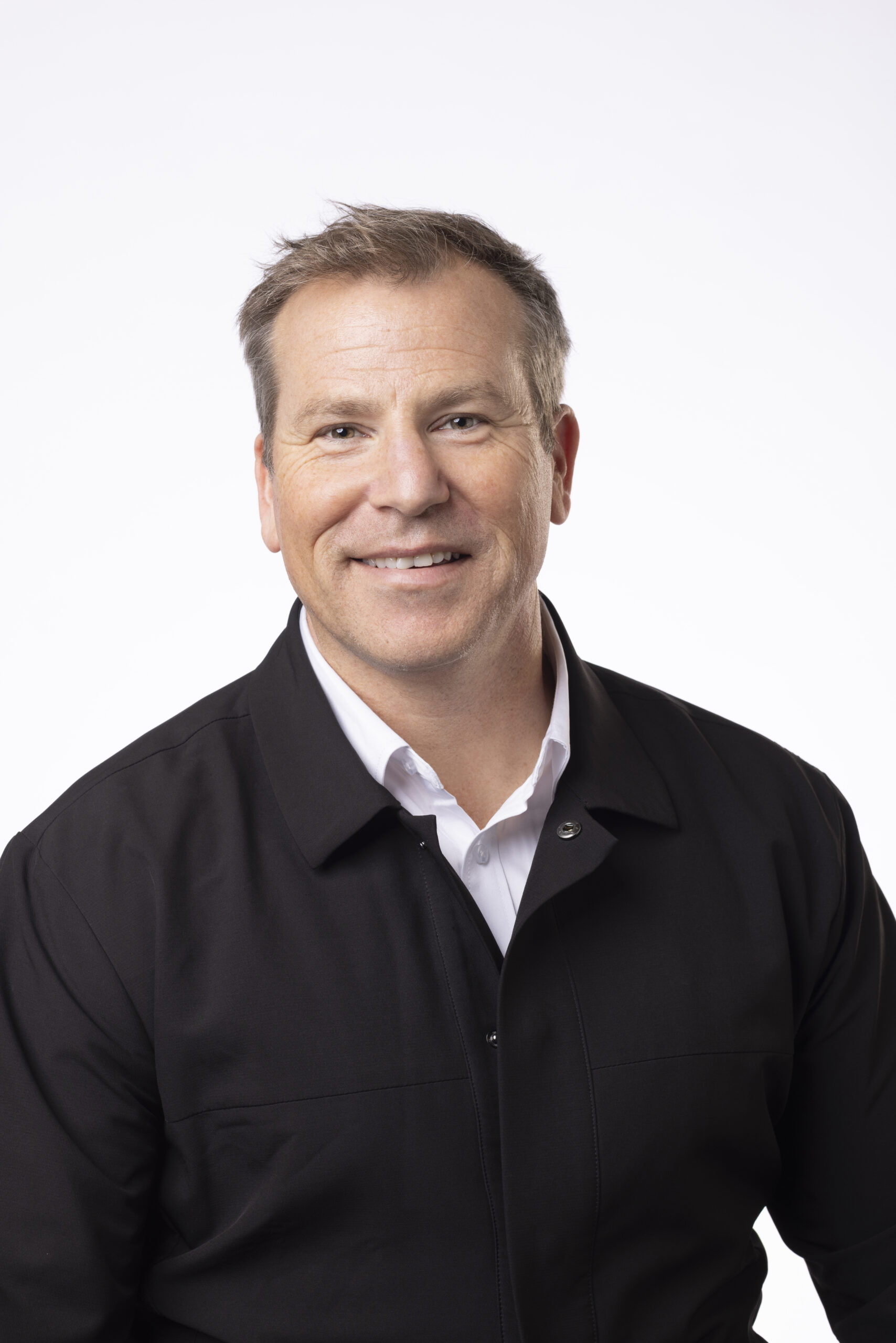Ken Yocom
John and Rosalind Jacobi Family Endowed Dean
Ken Yocom is the John and Rosalind Jacobi Family Endowed Dean of the University of Washington’s College of Built Environments and a Landscape Architecture Professor. He also has an adjunct appointment in the Department of Urban Design and Planning and is core faculty for the PhD in the Built Environments Program and the Interdisciplinary PhD Program in Urban Design and Planning within the College of Built Environments. He primarily teaches seminar and studio courses in theory, ecology, and urban design.
Trained as an ecologist and landscape architect with professional experience in the environmental consulting and construction industries, he is a graduate of our MLA program (2002). Ken also earned his PhD from the Program in the Built Environments (2007), where he researched nature and society relations through the contemporary context of urban ecological restoration practices.
Ken’s current research, teaching, and practice explore the convergence of urban infrastructure and ecological systems through adaptive design approaches that serve to demystify emerging strategies and technologies for sustainable and resilient development. More specifically, he investigates how water –in all its forms- shapes the past to future functions and patterns of our built environments. He has written extensively on the themes developed from his work including two books, Ecological Design (with Nancy Rottle, Bloomsbury, 2012) and NOW Urbanism: The Future City is Here (with Jeff Hou, Ben Spencer, and Thaisa Way (editors), Routledge, 2015). He also regularly contributes to professional practice and scholarly publications on issues of global biodiversity, urban environmental governance, ecological design, and contemporary nature and society relations in the urban context.
In his teaching, Ken emphasizes the development of a holistic and integrated approach that embraces the complexity of our built environments, yet discreetly explores the intersections and overlaps that frame our understanding and appreciation of particular places. He has a strong belief that collaboratively, the allied design professions can act as catalysts in recognizing, utilizing, and transforming the inherent potential of our built environments into places that are socially equitable, environmentally just, and economically sustainable.
